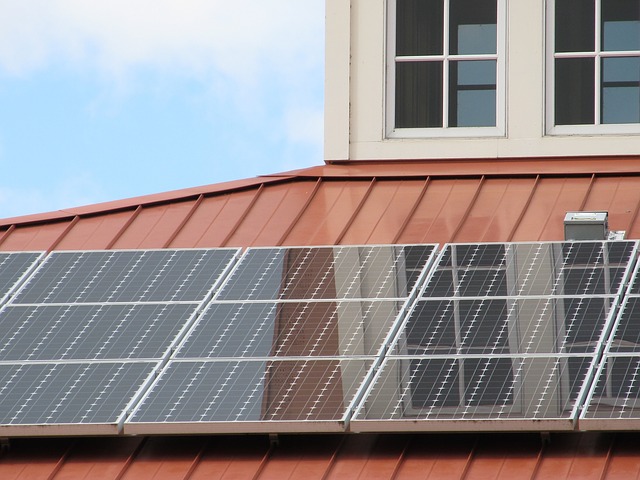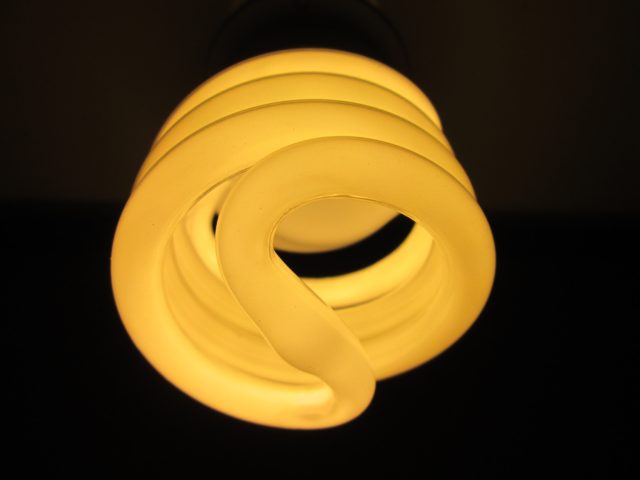
Greener Roads
The growing concern for the environment combined with rising electricity costs has resulted in a lot of effort to make people’s homes greener and energy efficient (greener roads). While in the past, this might have been reserved only for the affluent, nowadays, anyone can apply green measures with little effort and a reasonable amount of money. In addition, having greener homes offers many long-term benefits when it comes to increasing savings and decreasing a household’s ecological footprint.
An Audit for Improvement
The first step towards a greener home is performing an energy efficiency audit. This is important because it will help you estimate how much energy your home uses, which particular areas are the sources of energy loss and what needs to be improved. You can conduct the audit yourself, or hire a professional auditor. Once you’ve evaluated your home’s energy status, you can move on to implementing necessary green measures.
House Insulation
Insulating your house will significantly reduce energy consumption and prevent energy loss. This step is one of the prerequisites to having a greener home. It’s particularly important if you’re using electric heaters – well-insulated walls will keep the heat inside thus reducing the frequency of using the heaters. The same goes for cooling your house during the summer – the greatest amount of energy is used on home heating and cooling.
Greener Lighting Options
If you haven’t replaced the incandescent lights, it’s high time you did. Not only are these lights inefficient, but they emit carbon dioxide, as well, thus having a detrimental impact on the environment. The more energy efficient solutions are LEDs and CFLs. These types of lighting have longer lifespan and consume less energy, which eventually results in a decrease in your electricity bill. They’ve become more affordable than they used to be and they pay off in the long run.

Energy Reduction Tips
With just a few simple, yet efficient energy-saving measures, you can easily reduce the energy consumption in your home. You should turn off lights whenever you don’t need them or when you leave a room. In addition, you should unplug electronic devices even when they aren’t turned on, advises a seasoned Sydney-based electrician. Believe it or not, devices consume energy even if they aren’t in use, so make sure to pull that plug when you’re done.
Another step that won’t cost you a penny (on the contrary) is hang-drying your clothes. Instead of wasting a large amount of energy on a tumble dryer, just leave them next to a radiator, on the balcony or outside, and let nature take care of them. If you feel hot or stuffy, don’t immediately turn on the air-conditioning, but open the windows and use natural ventilation.
Energy Efficient Appliances
Household appliances are another major energy user, so you should consider replacing your old models with greener ones. When purchasing new appliances, make sure to check whether they fulfil certain energy efficiency criteria and whether they bear a label that says how much energy they consume on a yearly basis. Buying energy efficient appliances is a smart investment, since you will reduce the electricity bill and increase your savings.
Alternative Energy Systems
The ultimate step towards residential energy efficiency is installing alternative energy systems that will enable you to produce your own energy from renewable resources. These systems are becoming more and more affordable and, therefore, more and more used around the world. If you decide to produce your own energy from the sun or wind, you need to consider your budget, the climate characteristics, available technology in your area, etc. Solar systems enjoy great popularity, because they can produce enough energy to satisfy the needs of a typical home.
By embracing some simple green measures that can require some investment or none at all, you can significantly improve the energy efficiency of your home. Consequently, this will lead to an increase in your family savings and a positive impact on the environment.
 WhosGreenOnline.com Your Online Magazine and Directory for Green Business, Product, Service and News!
WhosGreenOnline.com Your Online Magazine and Directory for Green Business, Product, Service and News!

